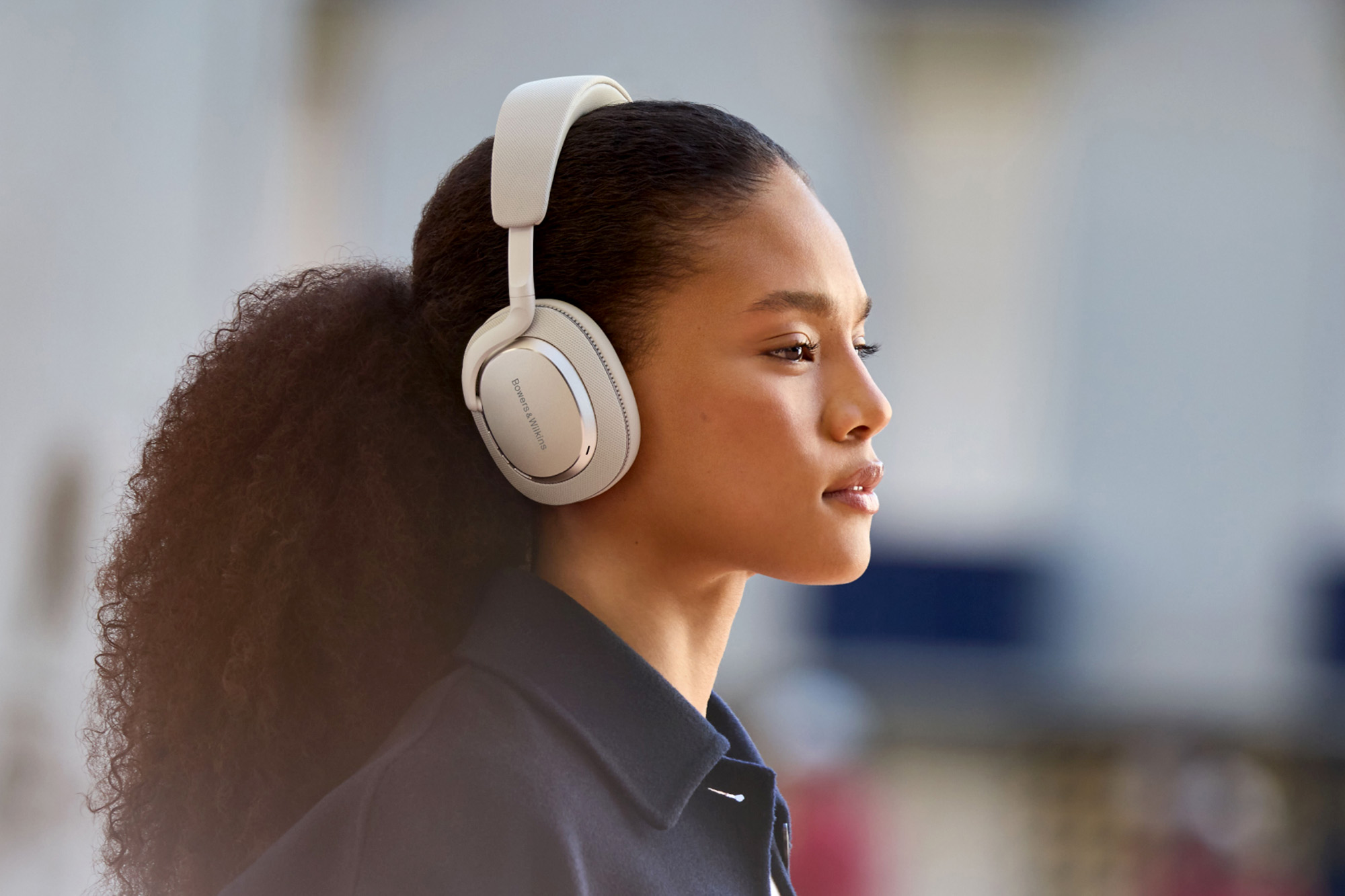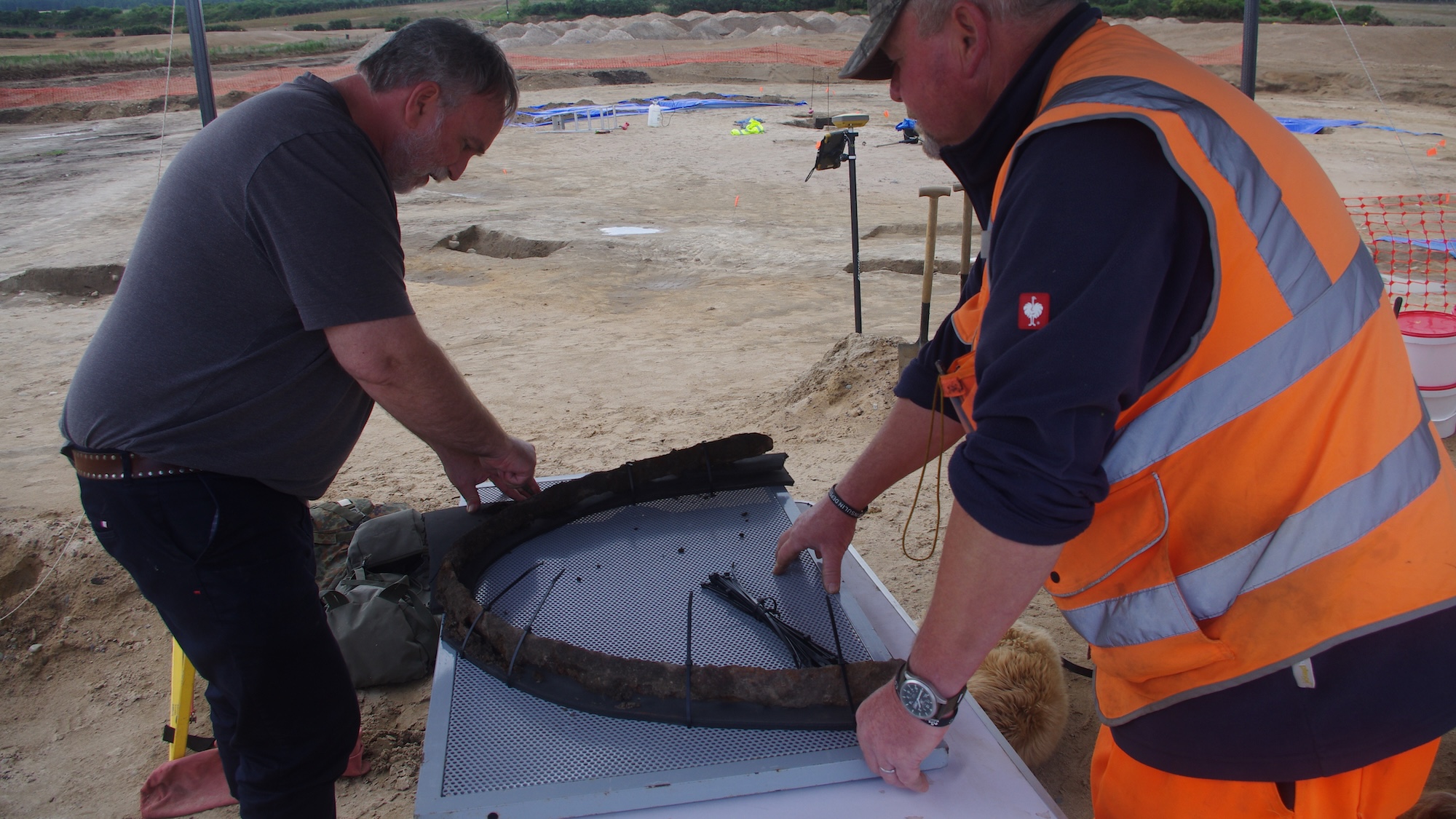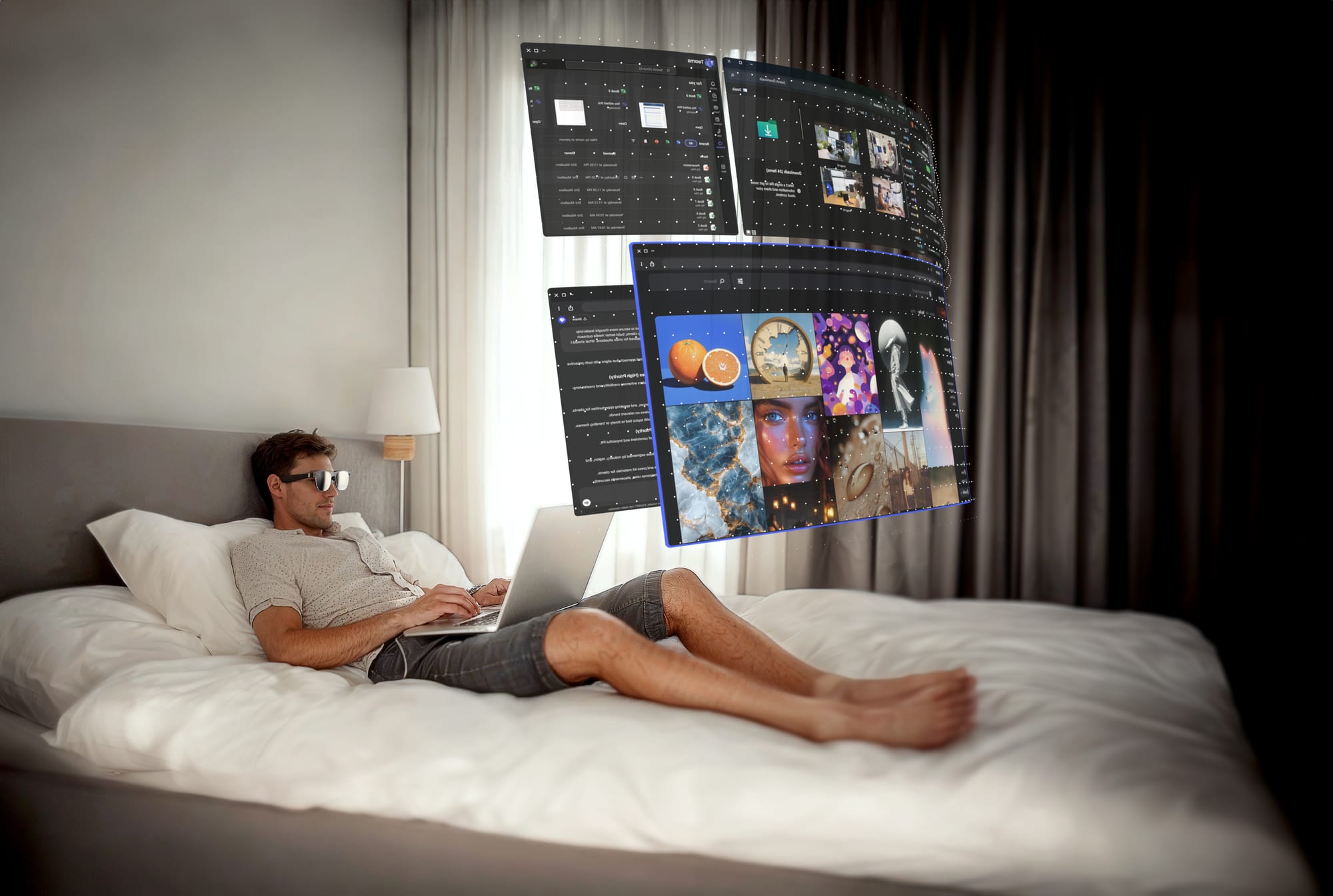Bowers & Wilkins announces all-new, upgrades-packed Px7 S3 wireless headphones
Featuring heightened clarity and comfort, packed with plentiful features (and promises of more to come), the Px7 S3 made a favorable first impression. The post Bowers & Wilkins announces all-new, upgrades-packed Px7 S3 wireless headphones appeared first on Popular Science.

There’s a moment in many great recordings where the world just … drops out. Where the silence speaks volumes. Because it’s not silence. It’s subtraction. It’s the intentional absence of sound as a multiplier of mood. But achieving atmospheric recalibration requires dedicated hardware to place you in a space. That’s why Bowers & Wilkins comprehensively re-engineered the latest generation of its Px7 wireless over-ear headphones to actively suppress external distractions without dulling music’s emotional immediacy.
Coming two years after the Px7 S2e, the Px7 S3 is a Bluetooth headphone with a lower profile and lower distortion. It’s richer dynamics wrapped in streamlined design language. It’s immediately recognizable and thoroughly renewed—from acoustic architecture to an active noise cancellation algorithm fed by an eight-microphone matrix.
The goal is quiet authority. And to achieve that goal, Bowers & Wilkins re-imagined heightened response in a slimmer silhouette. Wrapping rather than clamping the head, the reshaped armature has more memory foam in the widened headband and pillowy ear cushions for superior comfort during marathon sessions. More svelte, less Cyberman. Despite the trimmer figure, the openings are wider and physical controls are still tactically positioned on the earcups to allow volume up, volume down and play/pause, as well as cycling through noise-cancelling options—Off, Pass-Through, and On—and launching Voice Assistant.
New voice coils, suspension, and magnets back 40mm biocellulose drive units in a reinforced chassis, now powered by a dedicated, discrete headphone amplifier. The drivers are subtly angled in the fabric-lined earcups to ensure consistent waveform delivery, which enhances stereo imaging and that elusive “air”—the dimensional truth. The goal is to turn data into drama, treat frequency curves as character arcs.
Previewed briefly in a New York hotel suite in mid-April, the Px7 S3 did exhibit more vibrant energy, more gravitas in the groove. While I only had time to cycle through three songs, it was immediately apparent that this latest iteration has articulate voicing, thanks to natural midrange presence rather than tailored exaggerations. There’s a sense of cohesion—even at low volume (and through songs with calculated quiet) because of that upgraded ANC platform. Despite the more intentional output, battery life remains 30 hours with ANC, and a quick 15-minute charge adds seven. We’re looking forward to spending more time with them to flesh out our impressions, as we have the B&W Pi8 earbuds, among other models.






Supporting the sonic spaciousness is an upgrade to Bluetooth 5.3 featuring aptX Adaptive/Lossless (the best option, if you have one of the elusive Android smartphones or a dedicated DAP that is compatible). And LE Audio with LC3/Auracast will come via OTA update. Also rolling out later this year, the Px7 S3 will be the first Bowers & Wilkins portable audio product to feature spatial audio, using a proprietary DSP. Finally, the Music app offers a new five-band EQ for those who love to personalize their playback.
The Px7 S3 will be available in Canvas White, Anthracite Black, and Indigo Blue. Included in the color-matched carrying case are USB-C to 3.5mm analogue audio and 24-bit / 96 kHz-capable USB-C to USB-C cables.
While final pricing and North American retail details are pending, you can visit Bowerswilkins.com for a “Notify Me” button to register and receive notifications on the Px7 S3. Also teased for later in 2025 is the Px8 S2, the sequel to B&W’s flagship headphones that we highly regard.
The post Bowers & Wilkins announces all-new, upgrades-packed Px7 S3 wireless headphones appeared first on Popular Science.























































































































































